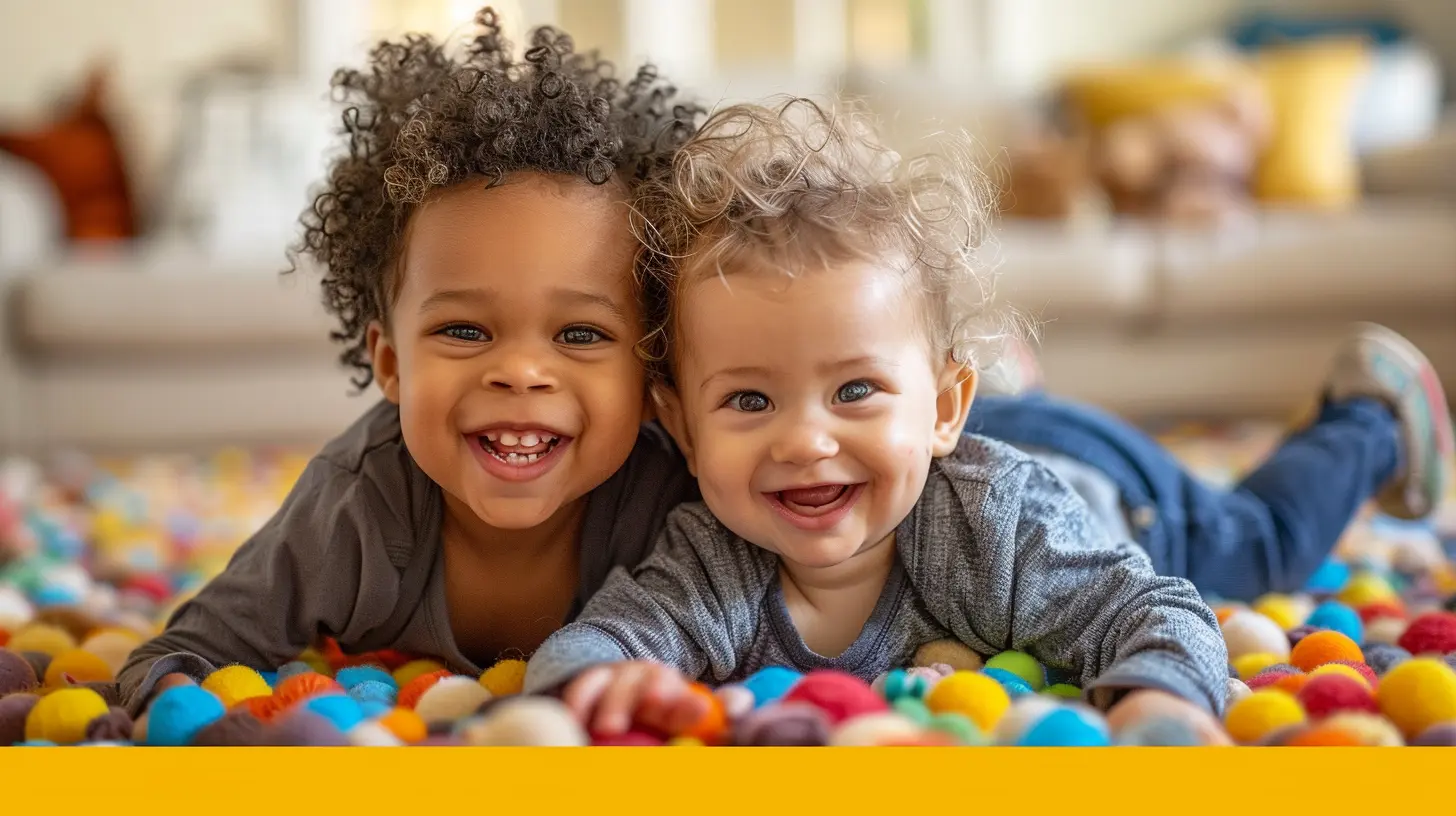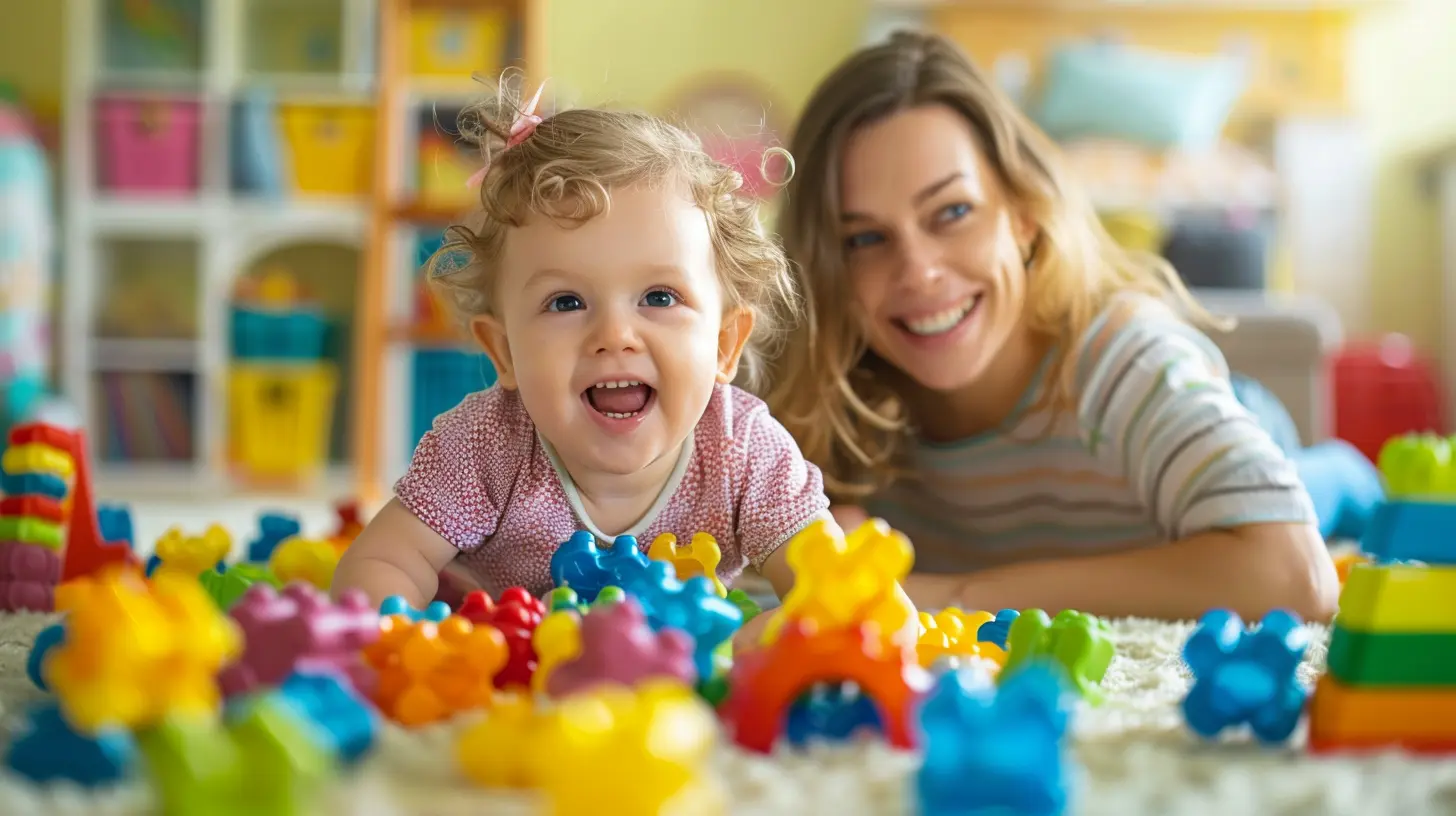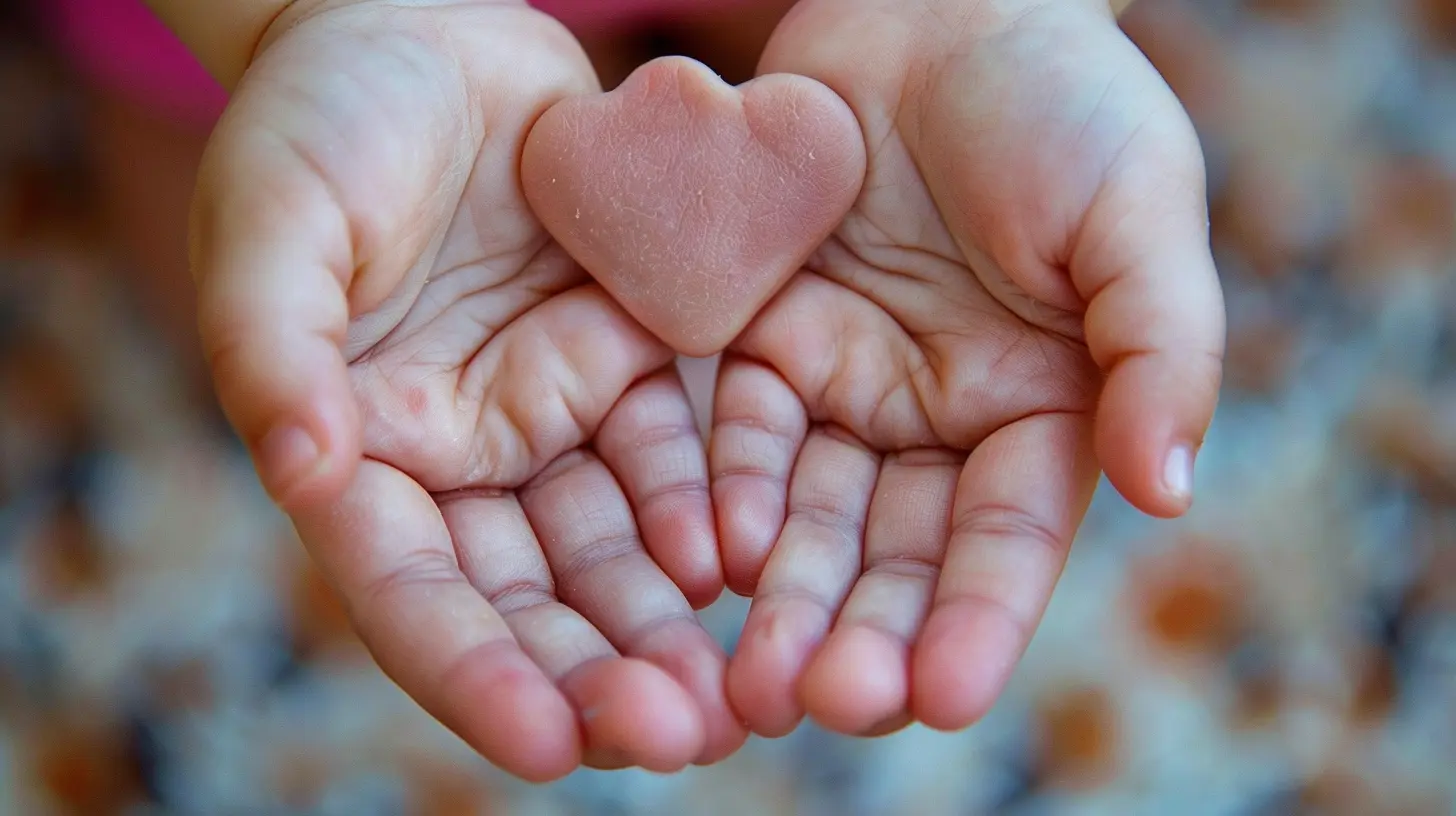The Importance of Parent-Child Bonding in Early Years
18 May 2025
Parenting is one of the most profound journeys in life. From the moment your baby is born, the special bond you build shapes their emotional, social, and cognitive development. But why is parent-child bonding in the early years so crucial?
Let’s dive into why those bedtime stories, cuddles, and heart-to-heart chats matter more than you think.

Why Early Parent-Child Bonding Matters
The bond between a parent and child is more than just a warm, fuzzy feeling—it's the foundation for a child’s future. During the early years, a child's brain develops rapidly, forming critical connections that influence their personality, confidence, and relationships later in life.When a child feels safe, loved, and valued, they naturally develop:
- Stronger emotional regulation – Children who feel loved are better at handling emotions.
- Higher self-esteem – A strong bond fosters confidence and self-worth.
- Better social skills – Kids learn how to interact, share, and express themselves by watching and imitating their parents.
- Cognitive development – A secure attachment helps brain development, making learning easier.
The Science Behind Early Bonding
Did you know a baby’s brain doubles in size within the first year? That’s because the early years are when neural connections form the fastest.Researchers have found that secure parent-child relationships lead to higher levels of oxytocin, the "love hormone," which strengthens emotional connections. This hormone helps children feel safe, happy, and secure, reducing stress and increasing resilience.

Ways to Strengthen Your Bond with Your Child
Strengthening your bond doesn’t require extravagant gestures. The simplest, everyday moments are often the most meaningful.1. Quality Time Over Quantity
You don’t need to spend 24/7 with your child to form a strong bond. What matters most is how you spend that time.- Put away your phone and be fully present.
- Engage in activities they love—whether it’s drawing, playing chase, or building Lego towers.
- Have meaningful conversations, even if they seem small (“What made you happy today?”).
2. Physical Affection – The Power of Touch
A hug can do wonders! Physical touch reassures kids that they are loved and safe. Snuggles during bedtime, holding hands, or playful tickles all contribute to a secure attachment.Scientists have found that children who receive regular affection tend to be more empathetic and confident as they grow. So, don’t hold back on those cuddles!
3. Consistent Routines Create Security
Children thrive on predictability. Having consistent routines for meals, bedtime, and playtime gives them a sense of security. It reassures them that they can trust you, which strengthens your bond.Try these simple routine ideas:
- Reading a bedtime story together every night.
- Eating meals as a family, even if it’s just one a day.
- Having a special handshake or hug before they leave for school.
4. Listen—Really Listen
It’s easy to nod along while thinking about your to-do list, but kids notice when you’re not fully engaged.Active listening means:
- Making eye contact.
- Responding with interest.
- Asking thoughtful follow-up questions.
When children feel heard, they feel valued. And when they feel valued, they open up more, deepening your connection.
5. Encourage Independence While Being Supportive
Building a strong bond doesn’t mean doing everything for your child. Encouraging independence helps them build self-confidence.- Let them make small decisions (choosing their outfit, picking a snack).
- Applaud their efforts, even if they don’t get it right the first time.
- Offer guidance instead of taking over tasks.
A supportive environment fosters growth and ensures they feel secure while developing their autonomy.

The Long-Term Benefits of Parent-Child Bonding
The love and security formed in the early years have ripple effects that last a lifetime. Here’s how:1. Better Emotional Intelligence
Children with strong parental bonds grow up understanding emotions better. They learn to express themselves, empathize with others, and handle conflicts maturely.2. Stronger Academic Performance
Studies show that children who feel emotionally secure perform better academically. A strong parent-child relationship boosts their confidence to explore, ask questions, and engage in learning.3. Healthy Relationships in Adulthood
A child who experiences unconditional love and support grows up knowing how to build healthy relationships. They develop trust, communication skills, and emotional resilience.4. Reduced Anxiety and Behavioral Problems
A secure attachment in early childhood reduces the risk of anxiety, depression, and behavioral issues. Kids who feel loved are less likely to seek external validation in unhealthy ways.
Overcoming Challenges in Parent-Child Bonding
Let’s be real—parenting isn’t always a walk in the park. Modern life can get in the way, with busy schedules, stress, and distractions. But even small, intentional efforts can make a difference.1. Limited Time? Make the Moments Count
If you’re juggling work and parenting, focus on quality over quantity. Even 15 minutes of focused, undivided attention can strengthen your bond.2. Struggles with Affection? Start Small
If expressing emotions doesn’t come naturally to you, that’s okay. Start with simple gestures—like a high-five, a small note in their lunchbox, or just saying, “I love you.”3. Dealing with a Difficult Phase? Stay Patient
Kids go through all sorts of phases—tantrums, teenage rebellion, or just being distant. Stay patient, keep communication open, and remind them that your love is unconditional.Conclusion
Parent-child bonding in the early years isn’t just about creating happy memories—it’s about laying the groundwork for a lifetime of emotional security, confidence, and resilience.Every hug, every bedtime story, every “I’m proud of you” shapes your child’s future. So, cherish these moments, build that connection, and watch your little one flourish into a strong, confident, and loving individual.
Remember, it’s not about being a perfect parent—it’s about being a present one.
all images in this post were generated using AI tools
Category:
Child DevelopmentAuthor:

Austin Wilcox
Discussion
rate this article
3 comments
Riven Wilkerson
Love's thread weaves hearts in tender moments.
May 29, 2025 at 4:00 AM

Austin Wilcox
Thank you! Indeed, the bond between parent and child creates lasting connections that shape their emotional well-being.
Orion McGuffey
This article beautifully highlights how crucial those early bonding moments are! I'm curious to learn more about specific activities that can strengthen that connection in everyday life.
May 26, 2025 at 2:33 AM

Austin Wilcox
Thank you for your interest! Some activities to strengthen the bond include reading together, playing outside, cooking, and engaging in creative projects like art or music. These shared experiences foster connection and communication.
Ashley Barlow
This article piqued my interest! I'm curious about specific activities that strengthen the parent-child bond during those crucial early years. Are there particular playtime routines or communication strategies that you recommend for fostering this connection? I’d love to learn more about practical tips!
May 21, 2025 at 3:03 PM

Austin Wilcox
I'm glad you found the article interesting! Engaging in daily routines like reading together, playing imaginative games, and having regular one-on-one time can significantly strengthen the bond. Additionally, active listening and consistent, open communication help foster connection. More tips are available in the article!



